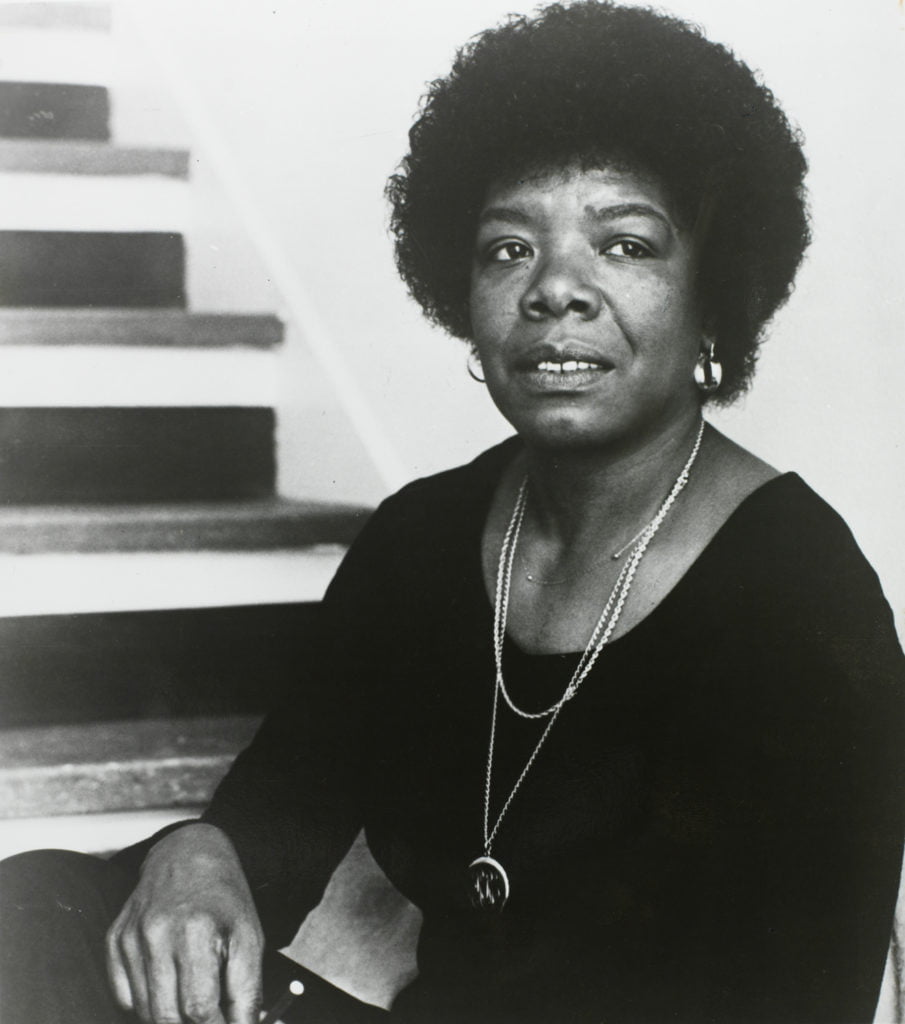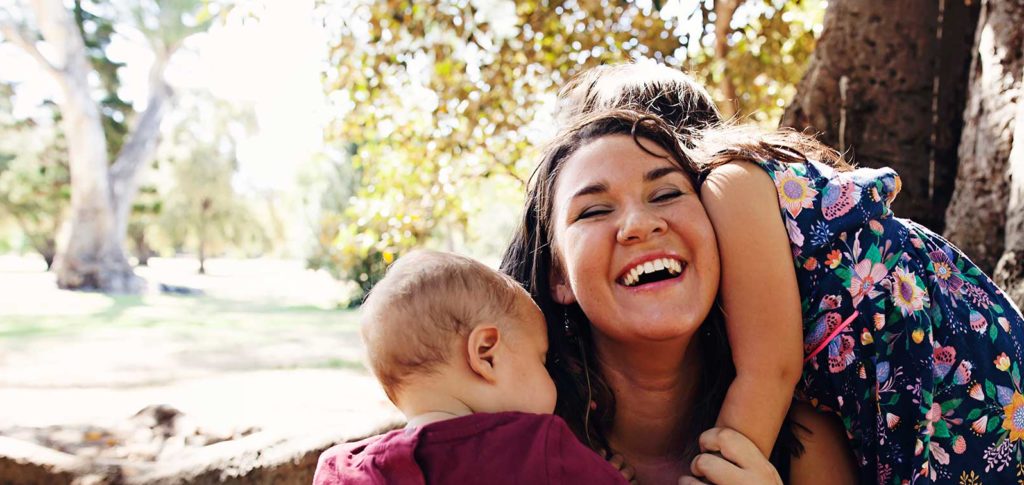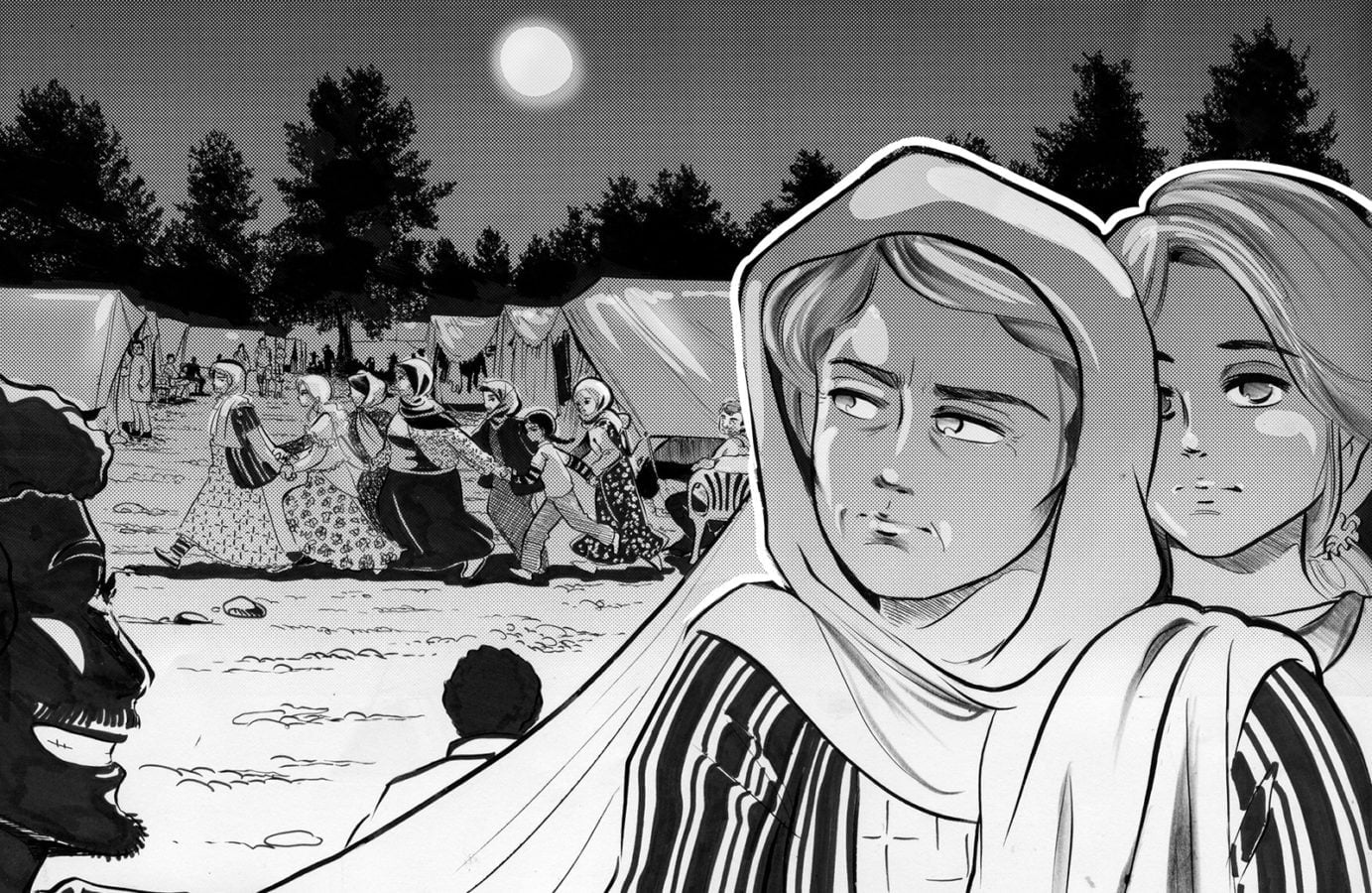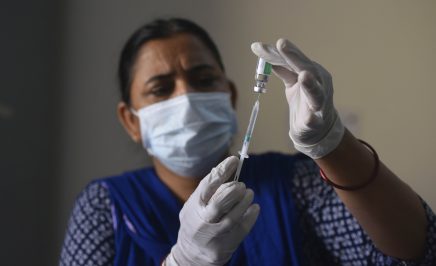By Milly Stilinovic
The road to gender parity may seem long, but here are six ways you can help further the rights of women in 2018 to bring us all closer to equality.
Throughout history, concerted efforts have been made to lift the profile of women in society; suffrage, liberation, the right to own property, handle finances, and enter into politics or other sectors once reserved for men. But from sexual harassment and abuse on the streets, to violence in our homes, online trolling, and workplace discrimination — there is still a long way to go in the battle to make sure women can enjoy their rights equally to their male counterparts.
It begins with one voice challenging the status quo, and can end in a chorus of many. Whether you identify as a woman or not, here are six ways you can assist the plight of women in 2018 to allow the sisterhood equal rights and an equal platform in society.
Show up for women
Thursday 8 March commemorates International Women’s Day, a celebration of the women’s movement whose tireless efforts to eradicate gender disparity have moved the barometer in favour of social justice.
Originating in New York in 1909, International Women’s Day was adopted by former soviet and communist states a decade later after women gained suffrage. The commemoration was finally embraced by the United Nations in 1975, and today it is celebrated the world over.
While there is much to celebrate in terms of women’s liberation, it’s time to #PressForProgress. Unite with your fellow sisters by pledging to march this International Women’s Day, signifying your support for an all-inclusive society where women enjoy equal status. Enter your postcode and we’ll keep you updated about events coming up in your area.
Stand up for women
Yes, even when it’s uncomfortable.
As the #MeToo campaign has all too painfully demonstrated, most women have experienced harassment and abuse from colleagues, roommates, strangers and even loved ones.
Now, with the explosion of social media, it’s more common than ever for women to experience attacks online that are of a sexually-charged, violent, and shaming nature. And the problem is widespread. A recent poll conducted by Amnesty International discovered that three out of 10 Australian women said that they have experienced harassment or abuse online.
Three in 10 Australian women have experienced harassment or abuse online.
Platforms like Twitter have promised to stamp out misogyny online but have been slow to keep good on their promises. When you see online harassment of women, make sure to report it and let social media platforms know that you expect them to adequately enforce their comments policies, as a means to protect women’s free speech online.
If you’ve been sexually harassed or assaulted write ‘me too’ as a reply to this tweet. pic.twitter.com/k2oeCiUf9n
— Alyssa Milano (@Alyssa_Milano) October 15, 2017
Understand the experiences of women
It has been said that the best way to understand the inequalities women are working to overcome is to walk a mile in their shoes. There are plenty of reasons why feminism is as prevalent today as it was during the first and second wave, and we have plenty to learn from the iconic feminists of today and those who have come before us.

If you’re a reader, you’ll want to check out the works of feminist writers, such as Virginia Woolf (with her explosive tome ‘Orlando’), Alice Walker (‘The Colour Purple’), Bell Hooks (‘Ain’t I A Woman?’), and Wilma Mankiller (the first woman elected to serve as chief of the Cherokee Nation, who wrote, among other books, ‘A Chief and Her People’). If you like non-fiction, there’s no better time to familiarise yourself with the biographies of leading figures from the feminist movement – the Suffragettes, Maya Angelou, Simone de Beauvoir, Eleanor Roosevelt, Coretta Scott King.
For the film buffs, note entertaining and powerful films such as Belle, Erin Brokovic, Wild, and the classic Thelma & Louise.
If art is your thing, there is also plenty of amazing artwork to absorb by artists like ! Women Art Revolution, The Guerrilla Girls, and Yoko Ono.
And if you’re a podcast fiend, Phoebe Robinson and Jessica Williams will have you in stitches during their weekly episode of 2 Dope Queens where they aren’t afraid to real-talk. The Guilty Feminist makes space to discuss the big topics surrounding feminism with a sense of humour and refreshing honesty, and One Bad Mother delves into the joys and struggles of motherhood in the 21st century.
Amplify the voices of women
Once inspired, it’ll be easy to share women’s achievements, challenges and stories on your own platform — whether via your blog, Facebook, Instagram, or Youtube — to plant the seed of inspiration in the people around you.
Amnesty International’s #IndigenousMums campaign placed the spotlight over much-deserving, hardworking, Indigenous Mums last Mother’s Day, and you’ll want to keep an eye on what they’re up to next. There are also plenty of amazing women defending human rights around the world who to know about, and plenty of inspiring women who you should be following online.

The efforts of celebrities at the Golden Globes, who wore black to draw attention towards rampant sexual harassment and abuse in the industry also garnered much-deserved attention, and allowed for lengthy discussions on social media. You can do the same, by lending your influence to raise the volume of voices that matter.
Assist them
Women who obtain the courage to escape the pain of domestic abuse often find themselves at women’s shelters, adjusting to a new environment, confronting their fears of retaliation, and doing all they can to save both their children and their sanity.
Show you care by lending a hand at your local women’s shelter, or donating supplies to help get women back on their feet.
Most importantly…
If you don’t identify as a woman: keep the channels of communication open for the women around you. If you do: stand in solidarity with the sisterhood when they need you.
Women have powerful insights into the importance of women’s liberation and gender equality, and we need to shine a light on women’s experiences if we want to end the violence perpetuated against them. Women are, after all, the people who have seen, felt, and experienced the odds stacked against them.



